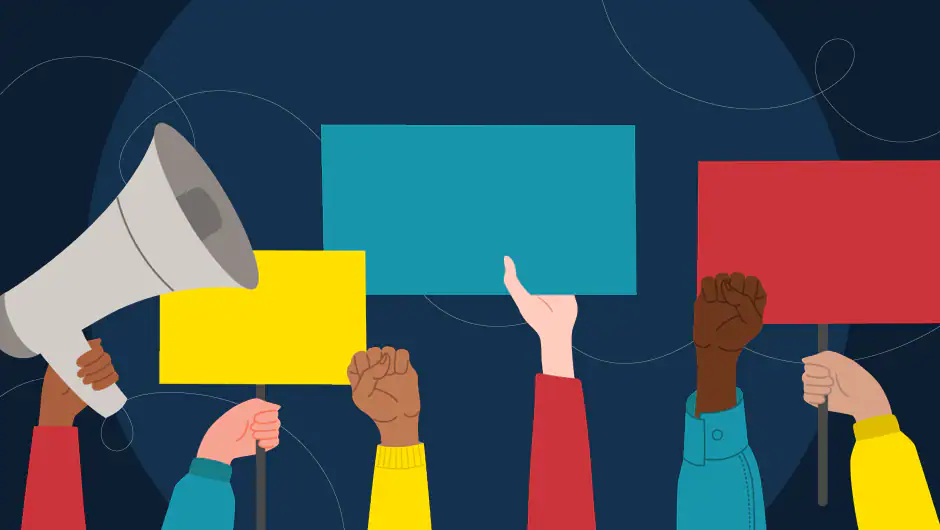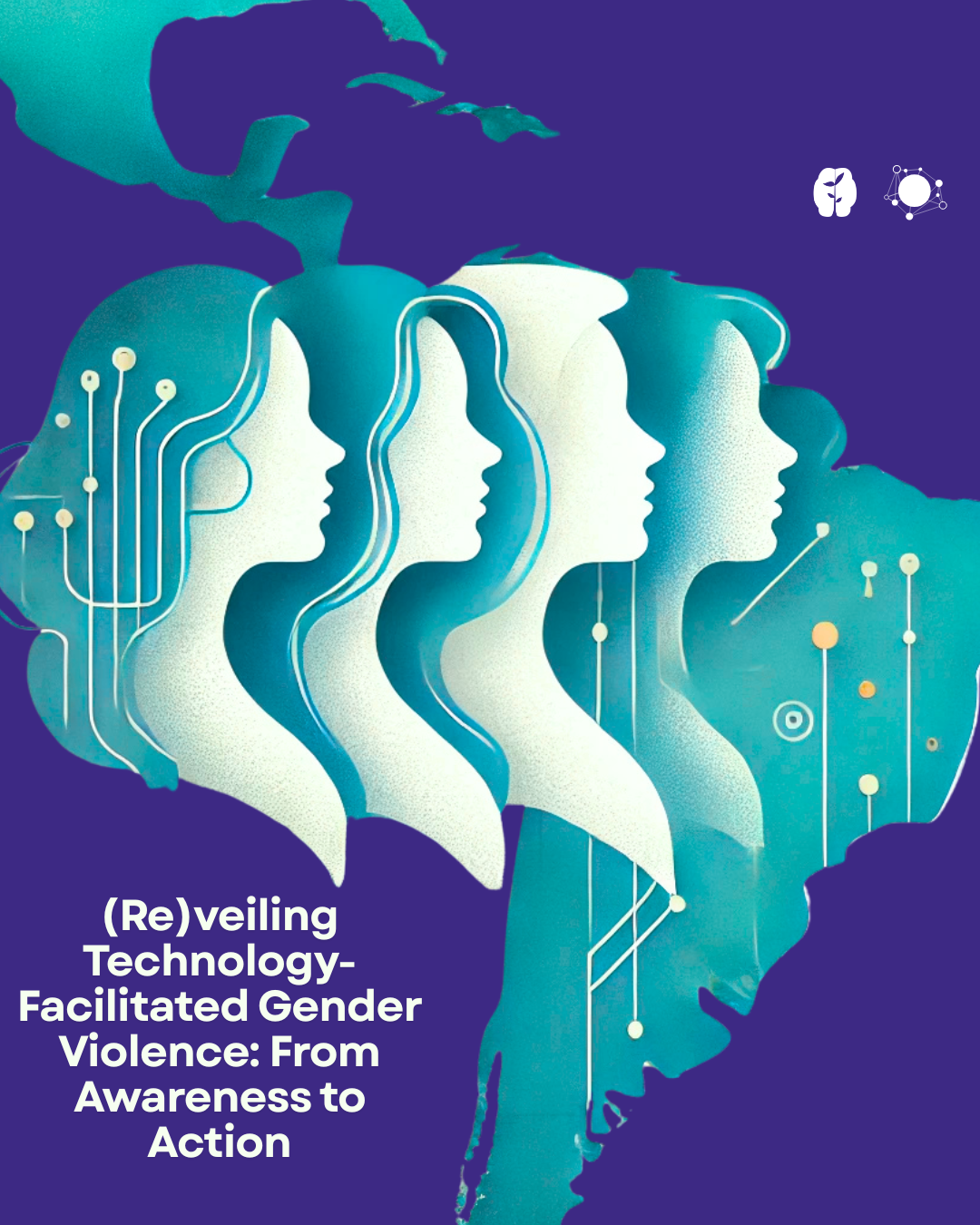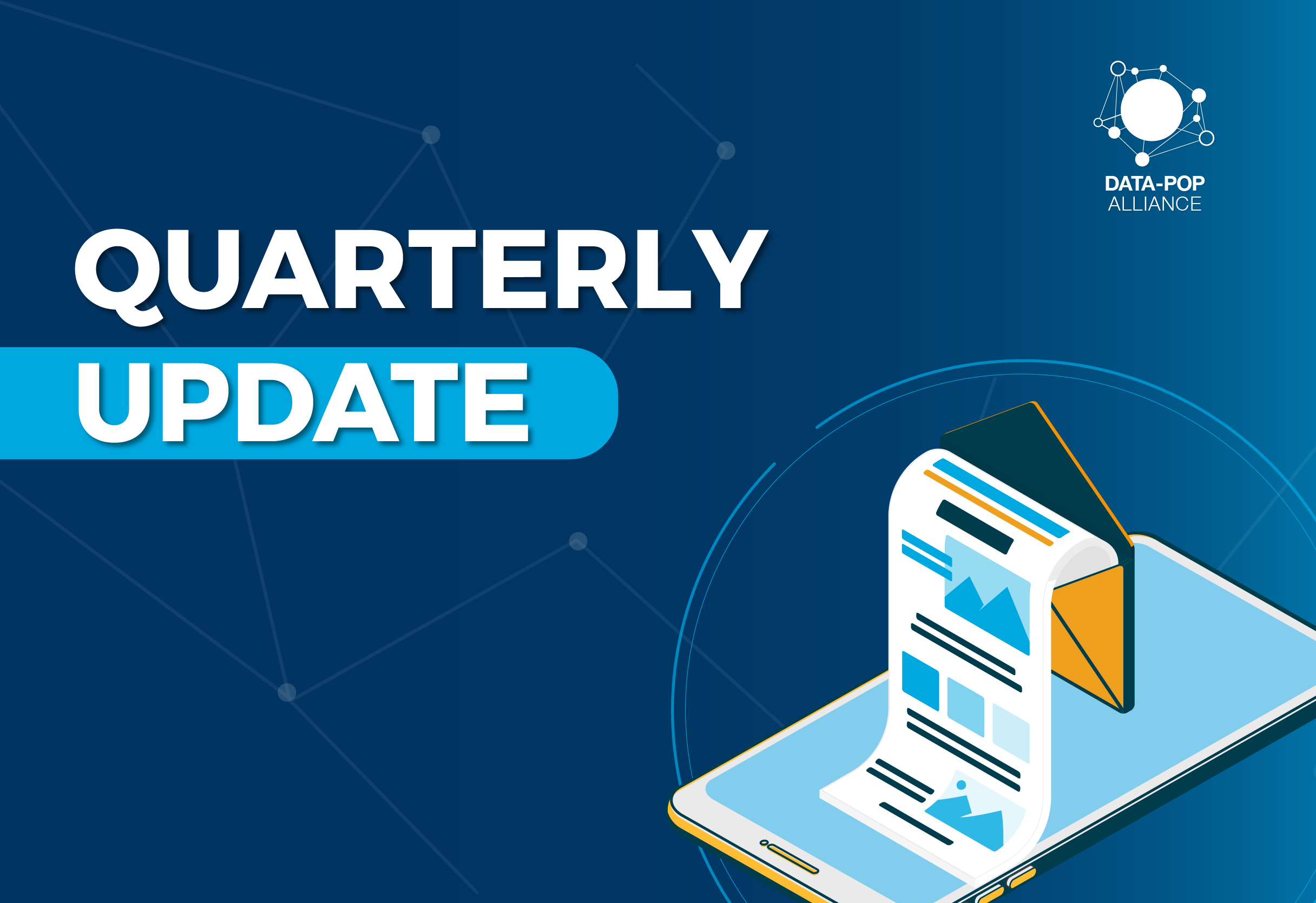LINKS WE LIKE #44
"The most common way people give up their power is by thinking they don't have any" - Alice Walker
In today’s digital age, data is everywhere. From social media posts and online transactions to government records and scientific research, data is generated and collected at an unprecedented rate. But beyond its sheer volume, data has the potential to act as a powerful tool for promoting social and political change, in a phenomenon that has become known as “data activism”. Data activism refers to using data to bring attention to social and political issues and critically resists big data collection methods that infringe on users’ privacy. Data activists are individuals, organizations, and communities who wish to empower people with information, raise awareness, and hold those in power accountable through the use of data. According to Miren Gutierrez and Stefania Milan there are two main forms of data activism: “proactive data activism, whereby citizens take advantage of the possibilities offered by big data infrastructure for advocacy and social change; and reactive data activism, namely grassroots efforts aimed at resisting massive data collection and protecting users from malicious snooping”. We will examine these two forms of data activism in the following sections.
Proactive Data Activism
Whether it’s advocating for social justice, promoting transparency in government, or addressing environmental issues, data activists use data to uncover hidden patterns, reveal inequalities, and push for meaningful solutions. The goal of proactive data activism is to harness data as evidence of existing social and political issues in society and to bring awareness to them. Different movements have used this type of activism to amplify their causes. In the environmental sector, Global Forest Watch uses satellite data to monitor and expose deforestation in real-time. This initiative has helped to empower local communities and environmental activists to take action to protect forests by using this information to support their efforts. Another example is how the #MeToo movement actively used social media and data to raise awareness about sexual harassment and assault, leading to policy changes and increased accountability for perpetrators. The racial justice movement has also incorporated data into their cause by creating the Data for Black Lives movement, where activists and scientists are committed to using data to create concrete and measurable change in the lives of Black people. Another initiative related to racial justice is the Mapping Police Violence project, which seeks to uncover accurate information on police killings, filtered by race of the victim, location, and date. These examples demonstrate the valuable ways in which data activists are engaging with pressing issues and empowering individuals and communities to use data as a tool for social change, promoting transparency, equity, and justice in society.
Reactive Data Activism
One of the key challenges of data activism is ensuring that data is used ethically and responsibly. With so much data being generated, it can be tempting for individuals and organizations to use it in ways that are exploitative or harmful. Data activists work to ensure that data is used in a manner that is respectful of privacy, human rights, and social justice. In other words, data activism interrogates and questions the politics of Big Data by examining data, along with questioning the way it is collected and used. In doing so, one of the main areas of work in the field of reactive data activism is developing and employing technologies that create obstacles for massive data collection by corporations, in order to prevent its unethical use. Organizations such as Privacy International, Electronic Frontier Foundation, Center for Digital Democracy, Algorithmic Justice League, and Access Now, and others, have dedicated themselves to this cause and are active actors in protecting and advocating for transparency, accountability, and fairness. At the same time, other individuals have used their platforms to raise awareness, advocate for policy changes, and promote transparency, accountability, and fairness in how data is collected, stored, analyzed, and used. Examples of these data activists include Shoshana Zuboff, author of the book “The Age of Surveillance Capitalism“, which has been widely recognized for its critical analysis of the data-driven economy and its impact on privacy, democracy, and human rights; Joy Buolamwini, founder of the Algorithmic Justice League and creator of the documentary Coded Bias; and scholars like Meredith Broussard, Cathy O’Neil, and Safiya Umoja Noble, who criticize the way Big Data algorithms are increasingly used to reinforce pre existing inequalities. The work of these organizations and activists is crucial because as data becomes increasingly important, reactive data activism is a vital force for the accountability, and protection of our digital rights.
There is a great opportunity for activists in using data to highlight the underlying issues related to social causes and use the information to raise awareness. At the same time, there is an urgent need for data activists to demand protection of our digital and data rights against the misuse and harmful practices. To further understand these two versions of data activism, join us in this edition of Links We Like as we explore what it means to be a data activist in the digital age.
In this informative presentation for the Oxford Internet Institute, Stefania Milan unpacks what data activism means and how it can be seen in practice, as well as taking a critical approach to civil society’s engagement with Big Data. Dr. Stefania is a researcher and activist who specializes in the field of digital activism and social movements in the context of the digital age and conducts work with the DataCTIVE research group at the Amsterdam Institute for Social Science Research (AISSR) and the Institute of Network Cultures (INC). In her presentation, Dr. Stefania relies on the argument that anti-hegemonic data politics can facilitate the emergence of new data epistemologies, a connection between diverse actors, new emancipatory sociotechnical practices based on first-person hands-on engagement with software and data, and new vocabulary to talk about data and social change. As part of her argument, she also discusses practical ways we can change the way we operate to take on anti-hegemonic data practices that will bring back the power of self-determination and allow for a grassroots transformative engagement with Big Data.
Este proyecto surgió en 2020 para dar seguimiento a obstáculos para la garantía de los derechos de las mujeres en el contexto de la pandemia de COVID-19, desde una perspectiva interseccional. Con el fin de visualizar y monitorear dichos obstáculos, así como para medir la respuesta de gobierno, el Observatorio utiliza datos recolectados, analizados y proveídos por un colectivo de organizaciones de sociedad civil cuyo expertise y trabajo se centra en las temáticas de interés. Estas temáticas incluyen: Mujeres en el Mercado Laboral, Aborto Seguro, Cuidados, Feminicidios, Mujeres con Discapacidad, entre otras. El Observatorio representa un “ejercicio de contraloría social sobre las obligaciones del Estado”, así como un claro ejemplo de activismo de datos colectivo para la promoción de justicia e igualdad de género. Los más recientes reportes de este proyecto están disponibles en la página web. Data-Pop Alliance es una de las organizaciones que forma parte del colectivo.
This annual event, which began in 2007 in Sydney, Australia is organized by the World Wildlife Fund and has become a worldwide movement. On one day each year, individuals, businesses, and others are encouraged to turn on non-essential electric lighting for one hour (8:30-9:30 PM) as a symbolic gesture of acknowledgment for the need to protect the planet. The event is one of the largest examples of how technology and data can be harnessed for a cause, creating a movement that spans the globe. In 2011, for example, Earth Hour reached 1.8 billion people on all seven continents, with a digital footprint of 91 million. The organizers also began to encourage other types of activities outside of the “hour”, and these have since grown to include the first “Earth Hour” forest in Uganda, which had the goal of restoring 2700 hectares of degraded land. While there have been various criticisms of the movement (ranging from the insignificant total energy reduction, the focus on individual behavior, and even the use of candles), the organizers insist that it is meant to symbolically show commitment and raise awareness around the issues of climate change and conservation, and as a digital campaign, it has certainly achieved that goal.
In this video, Jen Schradie, sociologist and Assistant Professor at the Observatoire sociologique du changement at Sciences Po, reflects on the gaps in digital activism. At the same time that the digital space has created the opportunity to amplify voices, inequalities in access to digital tools and digital literacy affect the ways in which different populations have used this space and gained visibility. The author discusses some of these differences through the concept of ASETs – Access, Skills, Empowerment and Time. Despite the focus on class disparities in this video, we can also use it to think about other intersectionalities that have impacted access to the digital environment and data production, such as gender and race. Addressing these gaps is also essential when considering the recent advances in the field of Artificial Intelligence (AI) and the possible risks it may pose to the dissemination of information, data regulation and political debates. For more on this topic, check her book “The Revolution That Wasn’t: How Digital Activism Favors Conservatives” (2019).
In this article, Dr. Sebastián Lehuedé, a Postdoctoral Scholar at the Centre of Governance and Human Rights, and a Technology & Human Rights Fellow at the Carr Center for Human Rights at Harvard University, discusses how local activists are finding evidence of the environmental and social harms Big Tech’s data centers are producing. While advocates of AI have argued that it can help fight climate change by reducing emissions and improving energy efficiency, this article highlights shows that construction and operation of data centers, which require large amounts of energy and water, can have negative impacts on local communities and the environment. To evidence this problem, the article shares examples of socio-environmental activist groups in Chile, Ireland, and the Netherlands that have been resisting the construction of data centers by companies like Google, Microsoft, and Amazon due to concerns about water usage, energy consumption, and pollution. The article ends with a call for action to challenge the status quo and unite forces to democratize technology and envision a different future for data infrastructure.
Reactive Data Activism
- Data Activism: When Data comes From Below
- Digital Rights And Privacy Are Shifting. Here’s How To Be Part Of It.
- The alternative epistemologies of data activism
- Rethinking AI Ethics with Data Activism by Renée Cummings
- “El activismo de datos frente al control algorítmico. Nuevos modelos de gobernanza, viejas asimetrías”
Proactive Data Activism
- Climate Change: Tools Charities use for Activism
- As Agencies Seek more Environmental Justice Data, Longtime Residents are Skeptical
- Data Activism: The Living Library
- Data Activism in Light of the Public Sphere
Other Data Activism Initiatives









